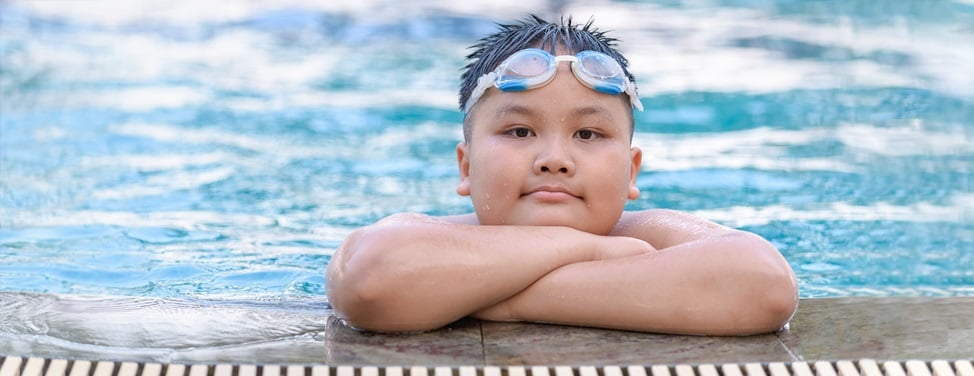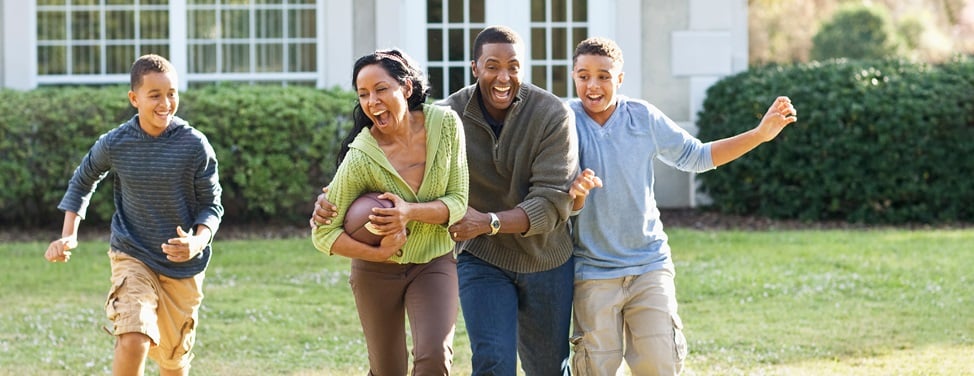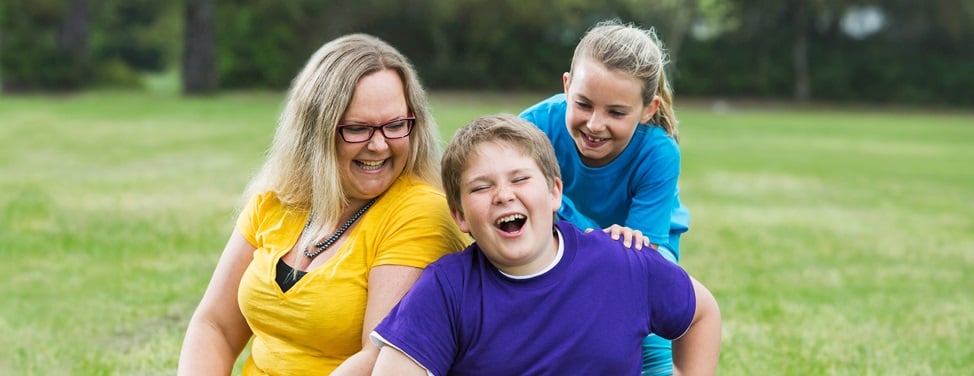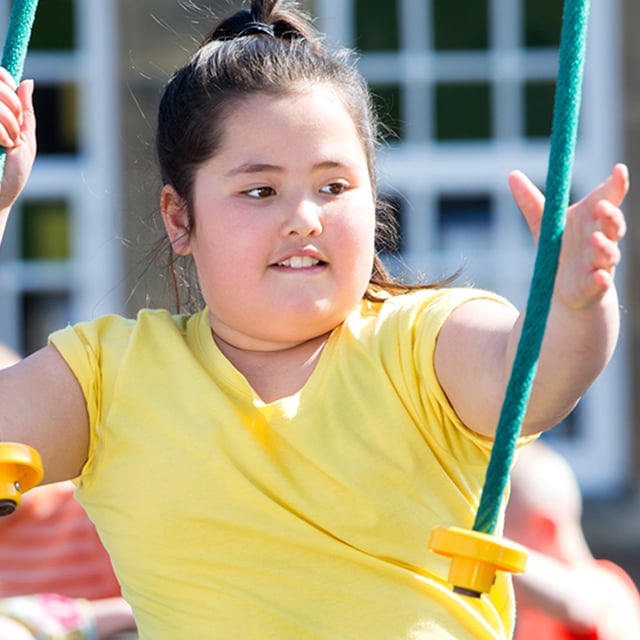Calories and Your Weight
Calories are a measure of energy you get from food. The first law of thermodynamics or energy says:
- If you eat more calories than you burn, you will gain weight
- If you eat fewer calories than you burn, you will lose weight
- If you eat the same amount of calories that you burn, you will maintain your weight
Making drastic changes to the way we eat or how much we eat usually doesn't result in long-term success with weight loss. For instance, skipping meals or eating very small quantities of food can lead to eating too much at the next meal. Our bodies were designed to protect us from starvation, so hunger pains can often get the better of us. Going for a long period without eating or skipping meals can also cause our bodies to burn less energy in an attempt at conservation.
Weight Gain = Calories Consumed — Calories Burned
Decreasing Calories Consumed
There are a few simple things that you and your child can do to reduce the amount of calories you ingest each day:
- Don't drink your calories. Soda, fruit juice (even 100 percent juice), whole or 2 percent milk, sports drinks, Kool-Aid and other sweetened beverages all contain a lot of calories. What's worse, they do little to fill you up and provide little or no nutritional benefit. To learn more, see Sweet Drinks and Obesity.
- Eat a healthy, balanced diet rich in fruits and vegetables. See Healthy Diet Tips to find guidelines from the doctors and nutritionists at UCSF Benioff Children's Hospital to help you navigate your family's nutritional needs.
- Choose high-fiber foods. Fiber slows the rate at which sugar is absorbed into the bloodstream, makes your intestines move faster, adds bulk to your stool to help keep you regular, helps you feel full and can help lower cholesterol levels. To learn more about the benefits of fiber and how to get more of it, see Why Fiber Is So Good for You.
Increasing Calories Burned
On the other end of the weight equation is the number of calories burned. If your child burns more calories than he or she eats and drinks, he or she will lose weight.
Unfortunately, nearly 75 percent of all American youths age 12 to 21 are not vigorously active on a regular basis. This is not surprising given that more than 60 percent of adults in the United States do not engage in levels of physical activity necessary to provide health benefits.
Parents need to take an active role in encouraging the entire family to exercise. Teaching children to be active from an early age usually results in active teenagers and active adults. Parents should step up both their own and their children's amount of physical activity. The patient education article Exercise Tips can help.






































